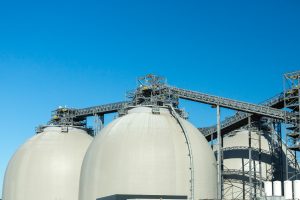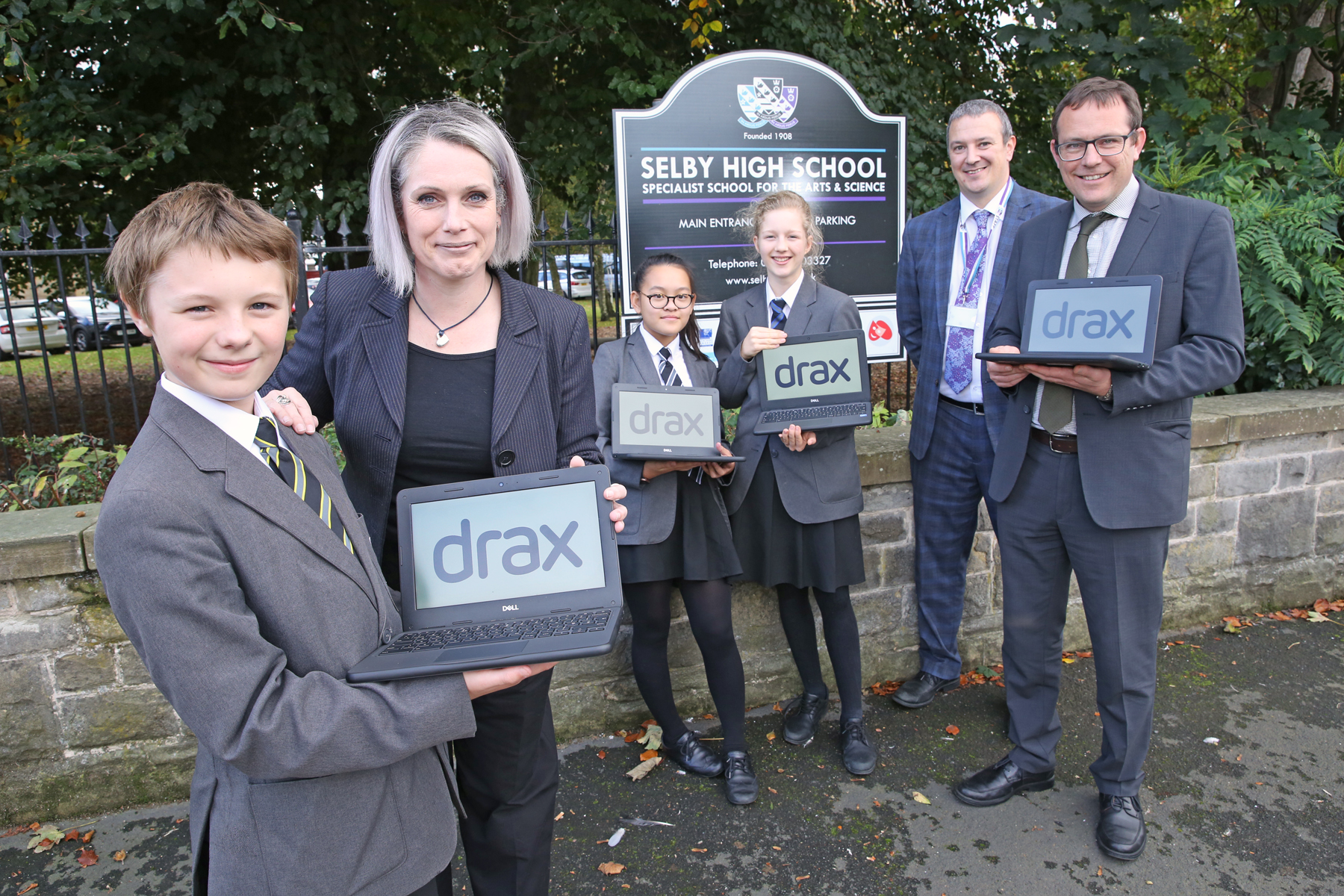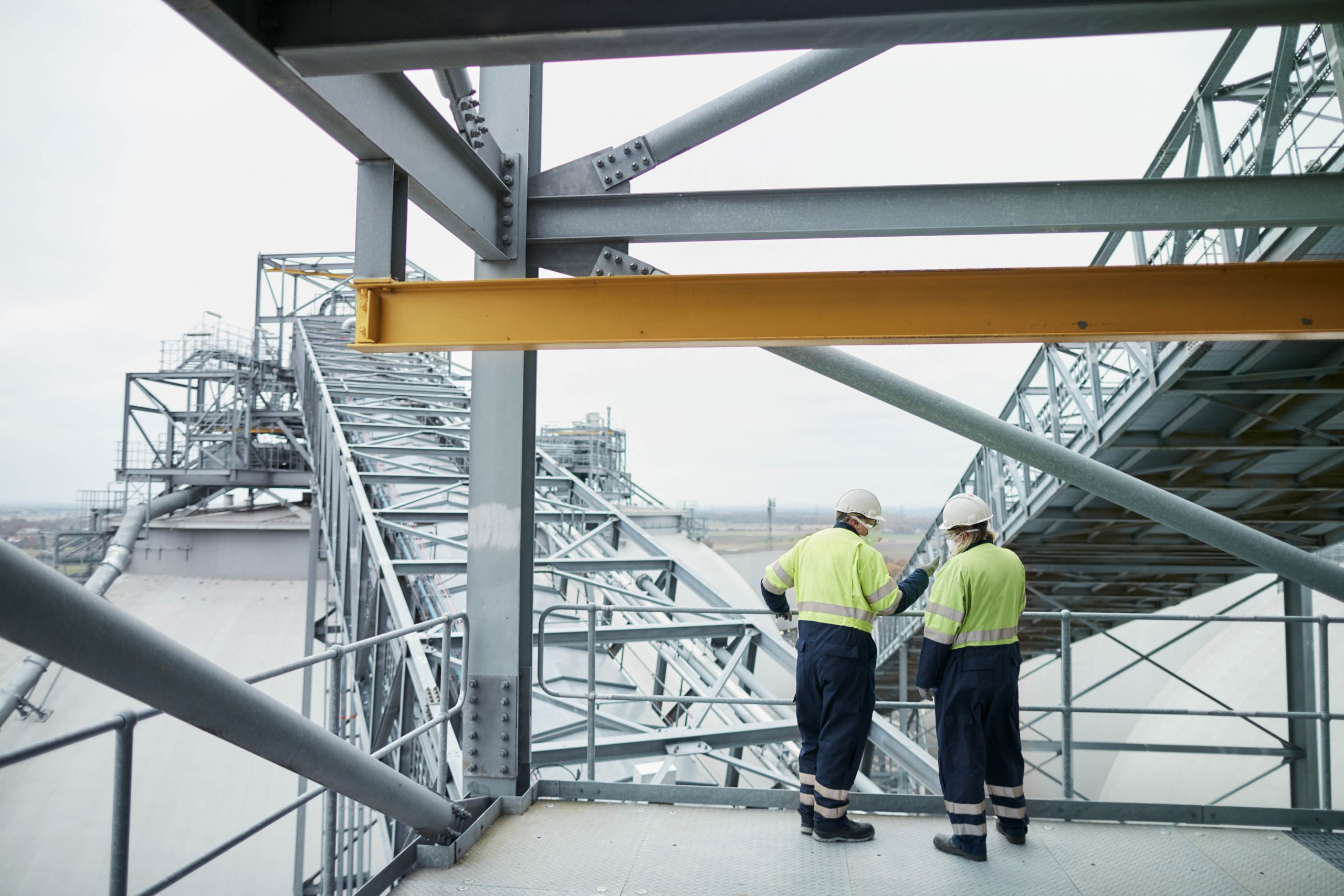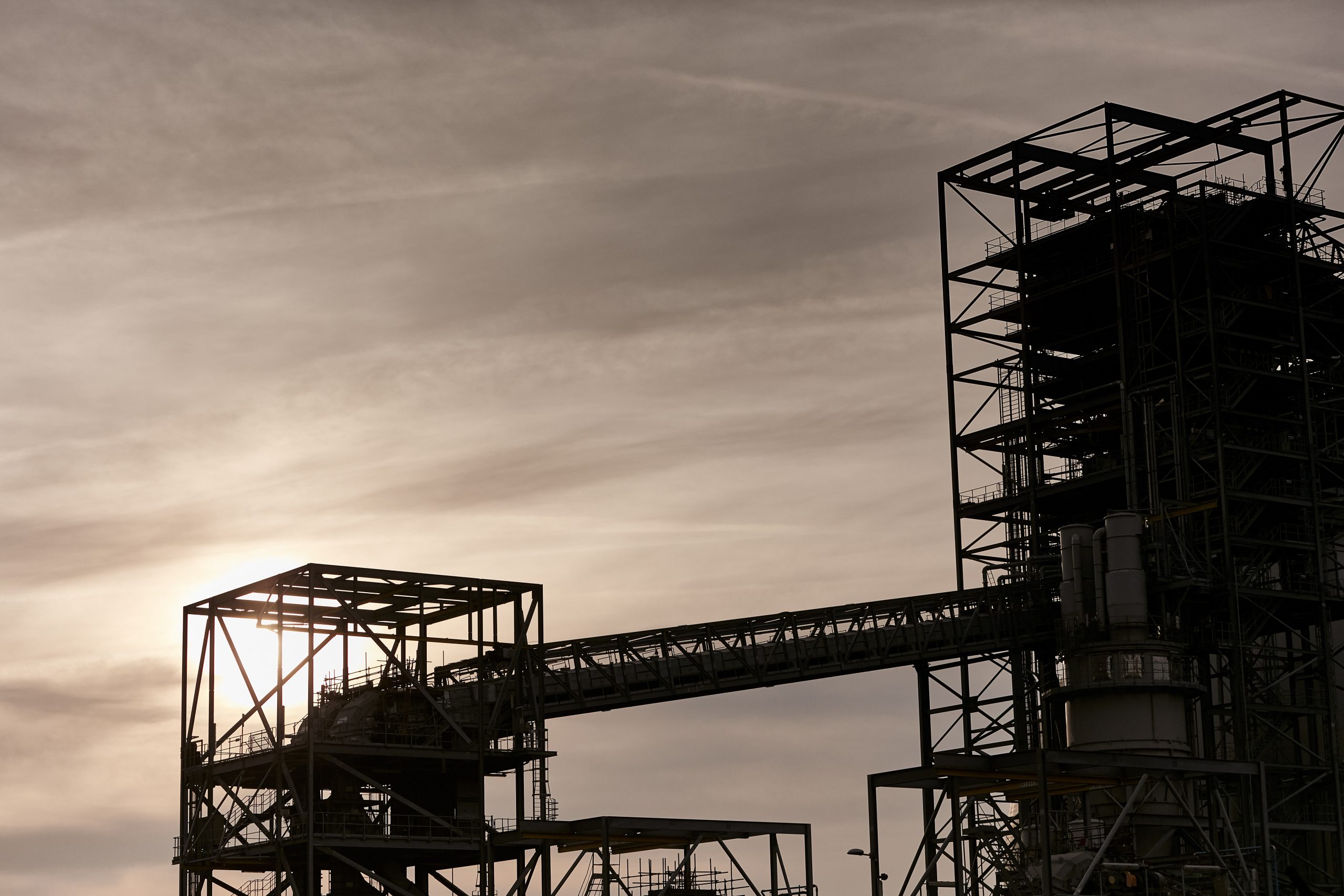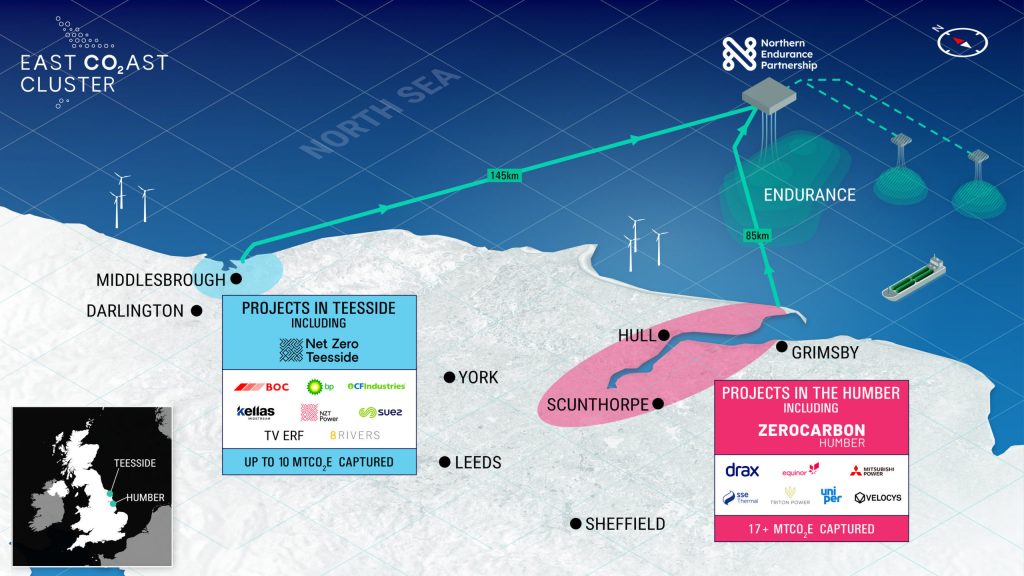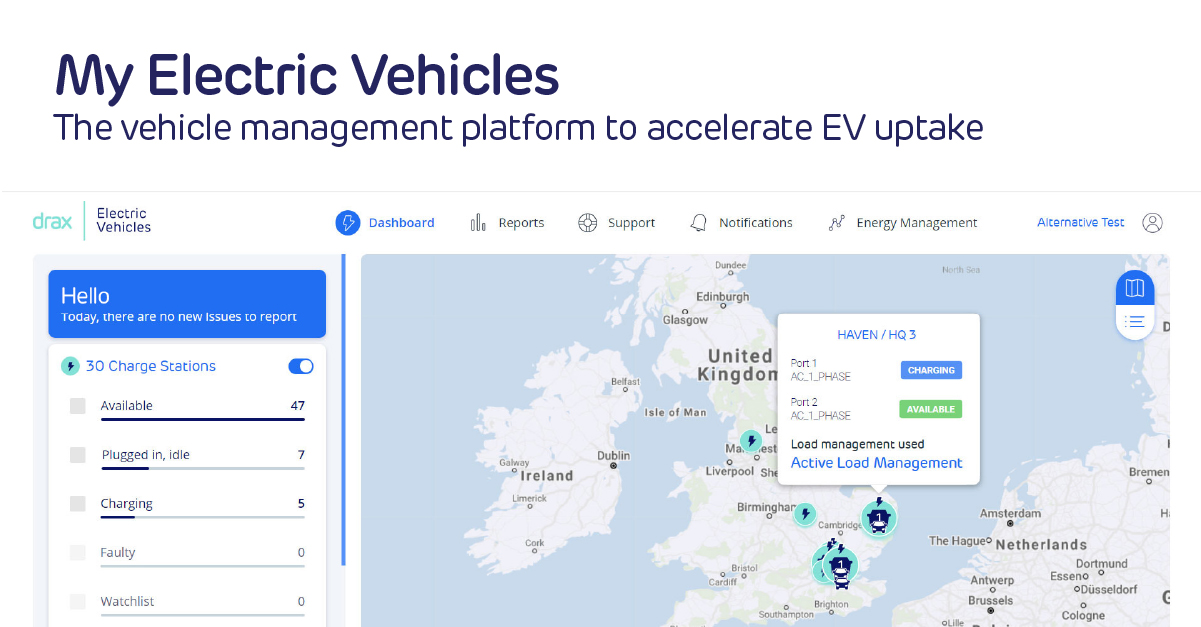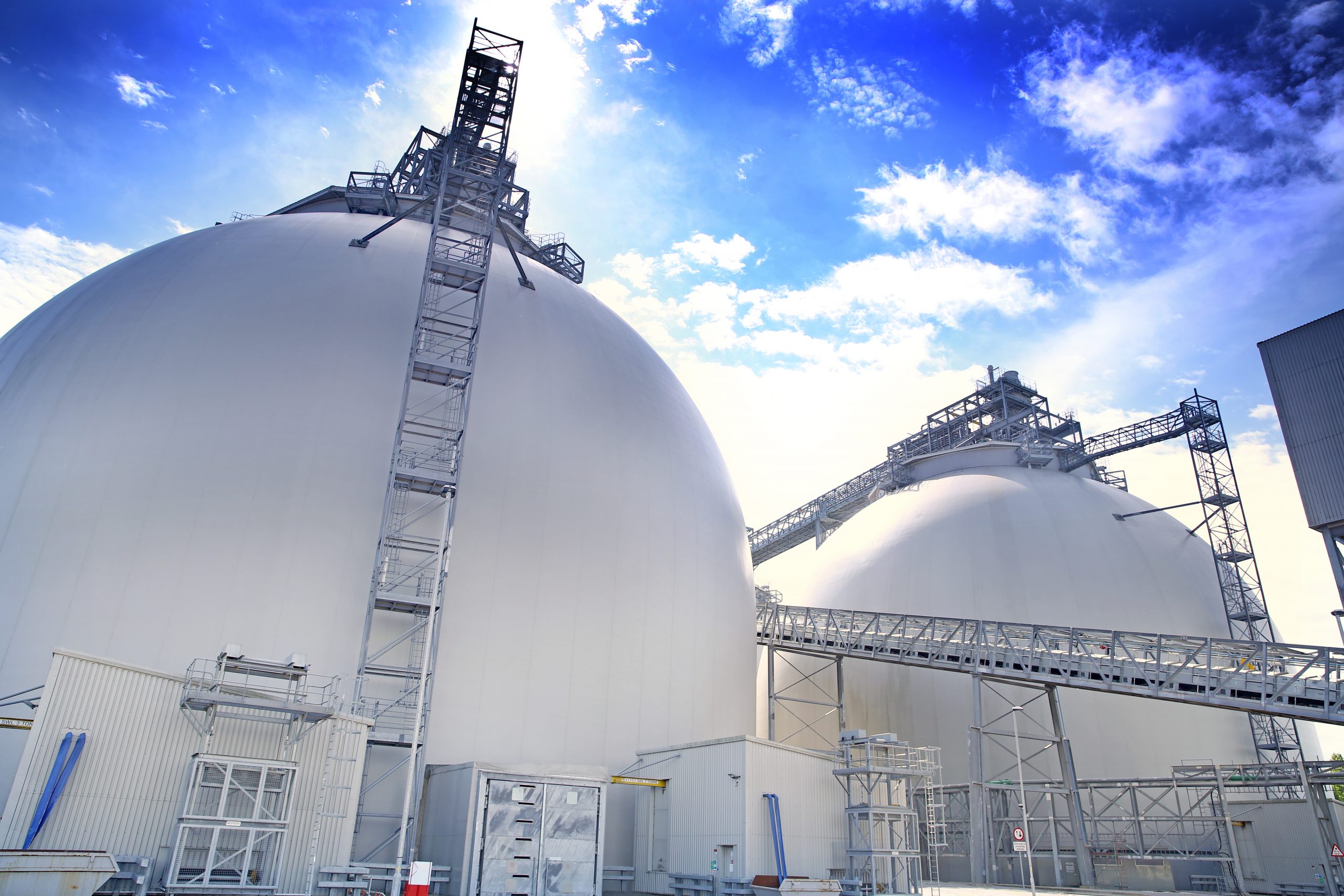
The projection at the UK’s largest single site renewable power generator should be visible from miles around to commemorate those involved in the two world wars and other conflicts.
Bruce Heppenstall, Plant Director at Drax, said:
“Drax has a proud history of supporting the Royal British Legion’s Poppy Appeal. By projecting the symbol of remembrance on to one of our cooling towers we are aiming to show armed forces personnel throughout the generations the gratitude we feel for the sacrifices they’ve made.
“Last year, Covid restrictions meant that it was difficult for people to come together safely at remembrance services and for charities to fundraise in the usual way. This year we’re pleased to be able to gather in person to pay our respects and support the Royal British Legion, which provides lifelong support to our armed forces community.”

Army veterans and reservists at Drax Power Station with Plant Director Bruce Heppenstall. L-R: Michael Gray, Dominic Box, Plant Director Bruce Heppenstall, Alex Wood, Jenny Stanley and Holly Clough
Drax Power Station, near Selby in North Yorkshire, will use an outdoor projection unit, to project the image onto one of the power station’s 114m tall cooling towers between 6pm and 10pm from Armistice Day, Thursday November 11 to Remembrance Sunday, November 14.
This is the second year that Drax has marked the occasion with a projection. Last year, Remembrance Day took place during a period of lockdown when people were encouraged to stay at home, however this year, members of the public are welcome to view the projection safely from the Drax Sports and Social Club car park opposite the power station where they will also have the opportunity to donate to the Poppy Appeal via QR code.
Alex Wood, Warehouse Manager at Drax is an ex-Army Staff Sergeant, who organises the annual Poppy Appeal at the power station. He said:
“I’m proud to work for an organisation that supports the Royal British Legion. There are at least 20 ex-armed forces personnel working at Drax, as well as several Army Reserves. The help the Legion provides for veterans like me is fantastic, with many of us relying on this support to help transition to civilian lives.”
As well as the projection, Drax is also donating £2,000 to the Poppy Appeal and will be laying wreaths at war memorials local to its operations across the UK.
Drax is committed to supporting the communities local to its operations. It has invested more than £840,000 to support its customers and local communities since the start of the Covid-19 crisis.
ENDS
Main image caption: The poppy which will be projected onto a cooling tower at Drax Power Station to commemorate those involved in the two world wars and other conflicts.
Media contacts:
Megan Hopgood
Communications Officer
E: [email protected]
T: 07936 350 175
About Drax
Drax Group’s purpose is to enable a zero carbon, lower cost energy future and in 2019 announced a world-leading ambition to be carbon negative by 2030, using Bioenergy with Carbon Capture and Storage (BECCS) technology.
Its 3,400 employees operate across three principal areas of activity – electricity generation, electricity sales to business customers and compressed wood pellet production and supply to third parties.
For more information visit www.drax.com/uk
Power generation:
Drax owns and operates a portfolio of renewable electricity generation assets in England and Scotland. The assets include the UK’s largest power station, based at Selby, North Yorkshire, which supplies five percent of the country’s electricity needs.
Having converted Drax Power Station to use sustainable biomass instead of coal it has become the UK’s biggest renewable power generator and the largest decarbonisation project in Europe. It is also where Drax is piloting the groundbreaking negative emissions technology BECCS within its CCUS (Carbon Capture Utilisation and Storage) Incubation Area.
Its pumped storage, hydro and energy from waste assets in Scotland include Cruachan Power Station – a flexible pumped storage facility within the hollowed-out mountain Ben Cruachan.
Pellet production and supply:
Drax owns and has interests in 17 pellet mills in the US South and Western Canada which have the capacity to manufacture 4.9 million tonnes of compressed wood pellets (biomass) a year. The pellets are produced using materials sourced from sustainably managed working forests and are supplied to third party customers in Europe and Asia for the generation of renewable power.
Drax’s pellet mills supply around 30% of the biomass used at its own power station in North Yorkshire, England to generate flexible, renewable power for the UK’s homes and businesses.
Customers:
Drax is the largest supplier of renewable electricity to UK businesses, supplying 100% renewable electricity as standard to more than 370,000 sites through Drax and Opus Energy.
It offers a range of energy-related services including energy optimisation, as well as electric vehicle strategy and management.
To find out more go to the website www.energy.drax.com




